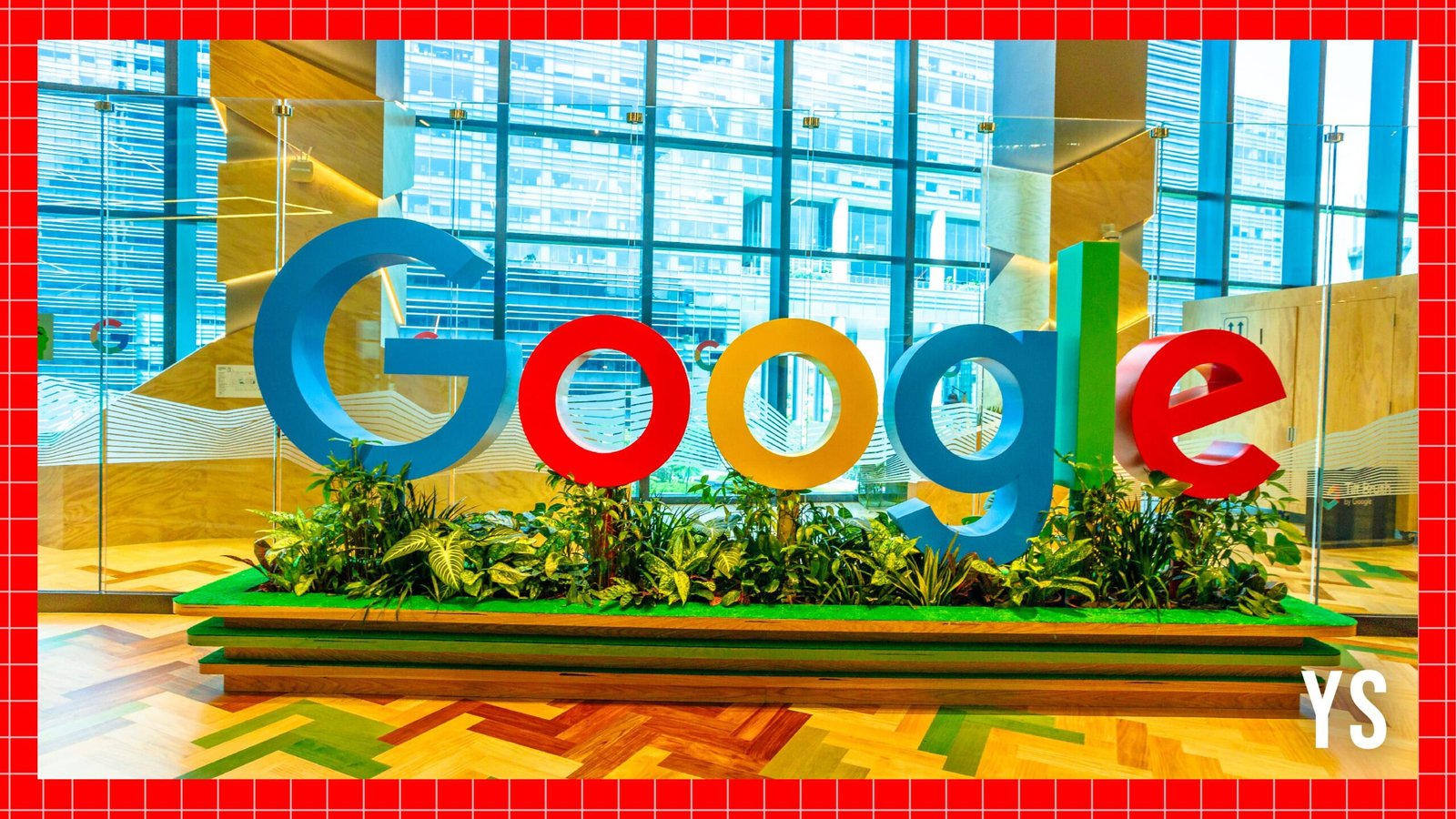Startup
Government proposes self-declaration with regard to proof of origin under Customs law

To promote ease of doing business, the government has proposed self-certification with regard to the proof of origin of a product being imported from an FTA nation for seeking duty concessions.
In a free trade agreement (FTA), customs duties on the maximum number of goods traded between two countries are either significantly reduced or eliminated.
At present, to seek these concessions, an importer has to furnish a proof or a ‘certificate of origin’ of that product from that FTA partner.
“Section 28 DA is being amended to enable the acceptance of different types of proof of origin provided in trade agreements in order to align the said section with new trade agreements, which provide for self-certification,” according to the Budget documents.
The document said “proof of origin” means a certificate or declaration issued in accordance with a trade agreement certifying or declaring, as the case may be, that the goods fulfil the country of origin criteria and other requirements specified in an agreement.
An amendment in the Customs Act has been proposed to replace the word “certificate” with “proof”.
Think tank GTRI said the FTA tariff preferences can be obtained by the importer submitting either a certificate of origin issued by an agency in the FTA partner country or by self-certification by the exporter.
Each FTA specifies the method is acceptable to importing country Customs.
In this Budget, the customs has amended Section 28DA of the Customs Act. In the amended version, the term “proof of origin” will mean both the certificate of origin and self-certification.
Section 28 DA of the Customs Act of 1962 deals with the FTAs Rules of Origins and CAROTAR (Customs (Administration of Rules of Origin under Trade Agreements) Rules 2020.
GTRI Founder Ajay Srivastava said these rules seek to ensure that importers provide adequate proof that goods claiming FTA tariff concessions meet all rules of origin criteria. However, in doing so, they impose additional conditions beyond those agreed in the trade pact.
“For example, the FTA text places the responsibility on the certificate issuing authority to verify production details and value addition. However, the CAROTAR Rules require importers to have sufficient information about the regional value content and product-specific criteria specified in the trade agreement,” he said.
He added that importers must provide this information as required by the CAROTAR rules or risk losing FTA tariff concessions.
The rules also state that having a certificate of origin from an issuing authority does not relieve importers of the responsibility to exercise reasonable care, he said.
Rajat Bose, Partner, Shardul Amarchand Mangaldas & Co., said the amendment to accept different types of proof of origin is a forward thinking change for ease of doing business.
Startup
BrowserStack launches AI-driven Low Code Automation tool

Software testing platform has rolled out Low Code Automation, a solution to simplify test automation for quality assurance teams, developers, and non-technical users.
The newly launched solution will address challenges faced by software teams, including manual testing delays and complex automation frameworks, BrowserStack said in a statement.
While traditional test automation requires coding expertise by often limiting non-technical testers to contribute, this tool allows user—irrespective of their technical background—to create and manage AI-driven automated tests without writing code. Users can also use BrowserStack’s cloud infrastructure for reliable test execution.
“(The AI-powered Low-Code Automation (LCA) simplifies the process of building and maintaining test automation suites compared to traditional tools like Selenium. It reduces the steep learning curve and complexity often associated with automation projects, leading to a quicker return on investment (ROI),” Chintan Doshi, Director of Product Management at BrowserStack, told YourStory.
To support development teams worldwide, Low Code Automation speeds up testing cycles, boosts product quality, and enhances user experience by reducing technical barriers.
“Citizen testers—such as business analysts, product managers, and customer support teams—can easily add validations and create automated tests with the test recorder, without requiring coding skills. This reduces their dependency on developers and QAs and empowers them to actively contribute to testing efforts,” Doshi explained.
Founded in 2011 by Ritesh Arora and Nakul Aggarwal, BrowserStack provides a cloud-based platform for developers to test websites and mobile apps across devices, operating systems, and browsers on demand.
With headquarters in San Francisco and Mumbai, the company has expanded its product line to include over 15 products, of which 10 were launched in the past 18 months.
In August, the Accel-backed firm acquired Berlin-based Bird Eats Bug, an advanced bug-reporting tool. The acquisition aims to address the existing gaps in bug reporting and streamline fragmented testing workflows.
Startup
Flipkart’s delivery arm Instakart reports widening losses, lower revenue in FY24

Flipkart’s delivery service arm Instakart’s FY24 losses increased multifold to Rs 1718.4 crore, from Rs 324.6 crore in the previous year, hurt by higher expenses and marginally lower revenues.
The company, which is in the logistics, warehouse, courier and allied services business, clocked an operating revenue of Rs 12,115.3 crore in FY24, 5% lower than Rs 12,787.4 crore it posted a year ago, according to filings made with Toefler.
During the period, the company’s total expenses increased 6% to Rs 14,149.4 crore, mainly driven by employee benefit and other expenses.
Logistics services accounted for the majority (about 78%) of Instakart’s total operating revenues, with Rs 9,429.8 crore, marginally lower than what it collected in the previous year.
Warehousing services, which accounted for about 10% of total operating revenues, witnessed a 28.4% drop in revenue, while collection services, which accounted for 12%, remained stable.
Just a week ago, Flipkart Internet reported a 21% rise in FY24 revenue at Rs 17,907.3 crore helped by rising income from its advertising services.
Flipkart India Ltd, which is Flipkart’s business-to-business (B2B) arm, reported a 26.4% rise in revenue from operations at Rs 70,541.9 crore in FY24.
Startup
Google Cloud to boost support for early-stage AI startups with new programmes, partnerships

has rolled out a range of programmes and partnerships to accelerate the growth of AI startups In India. The initiatives, announced at an AI Startups Summit in Bengaluru, will support early-stage AI founders in building, scaling, and expanding their customer base through the utilisation of Google Cloud services.
The tech giant recently introduced Emerging ISV Partner Springboard—a 12-week programme designed to fuel growth for AI startups. Participants will benefit from hands-on support in creating go-to-market assets, consultations with Google AI experts for product refinement, guidance on technical architecture best practices, and streamlined onboarding to Google Cloud Marketplace.
“Google is committed to empowering AI startups to drive innovation and growth. These initiatives demonstrate our dedication to providing critical support and resources to early-stage founders, helping them build and scale successful AI-powered businesses,” said Manish Gupta, Senior Director, Research, Google DeepMind.
During a fireside chat at the Global Google Cloud Summit, Google Cloud CEO Thomas Kurian applauded startups leveraging AI and cloud technology.
“At Google Cloud, our mission is to support these pioneers by providing the essential tools, resources, and mentorship they need to thrive. Through strategic partnerships, tailored programs, and advanced infrastructure, we are committed to enabling businesses to scale their impact and drive the next wave of digital transformation,” said Kurian.
Early-stage founders will receive enhanced support through the Google for Startups Cloud Program, which will offer $200,000 in Google Cloud credits over two years. AI-based startups will receive even greater support, receiving $350,000 in credits to address the demanding computational needs of advanced AI development, the company said in a statement.
In addition, Google has collaborated with Y Combinator to provide exclusive access to NVIDIA H100 GPUs and Google Cloud TPUs, along with cloud credits, support, and mentorship for its Summer 2024 group of AI-focused startups.
Furthermore, the tech giant is also joining forces with early-stage accelerators and incubators such as 500, StartX, and Berkeley Skydeck to provide early-stage founders with a special package, including Google Cloud credits, expert advice, and technical workshops
Earlier, the California-headquartered firm also announced the launch of Startup School: GenAI, a four-week training programme designed to help startups leverage AI.
-

 Startup Stories1 year ago
Startup Stories1 year agoWhy Millennials, GenZs Are Riding The Investment Tech Wave In India
-

 Startup Stories1 year ago
Startup Stories1 year agoStartups That Caught Our Eyes In September 2023
-

 Startup Stories1 year ago
Startup Stories1 year agoHow Raaho Is Using Tech To Transform India’s Fragmented Commercial Trucking
-

 Startup Stories12 months ago
Startup Stories12 months agoMeet The 10 Indian Startup Gems In The Indian Jewellery Industry’s Crown
-

 Crptocurrency8 months ago
Crptocurrency8 months agoLither is Making Crypto Safe, Fun, and Profitable for Everyone!
-

 Startup Stories1 year ago
Startup Stories1 year agoHow Volt Money Is Unlocking The Value Of Mutual Funds With Secured Lending
-

 Startup Stories1 year ago
Startup Stories1 year agoWhy Moscow-Based Kladana Considers Indian SME Sector As The Next Big Market For Cloud Computing
-

 E-commerce1 year ago
E-commerce1 year agoTop Online Couponing Trends To Watch Out For In 2016




